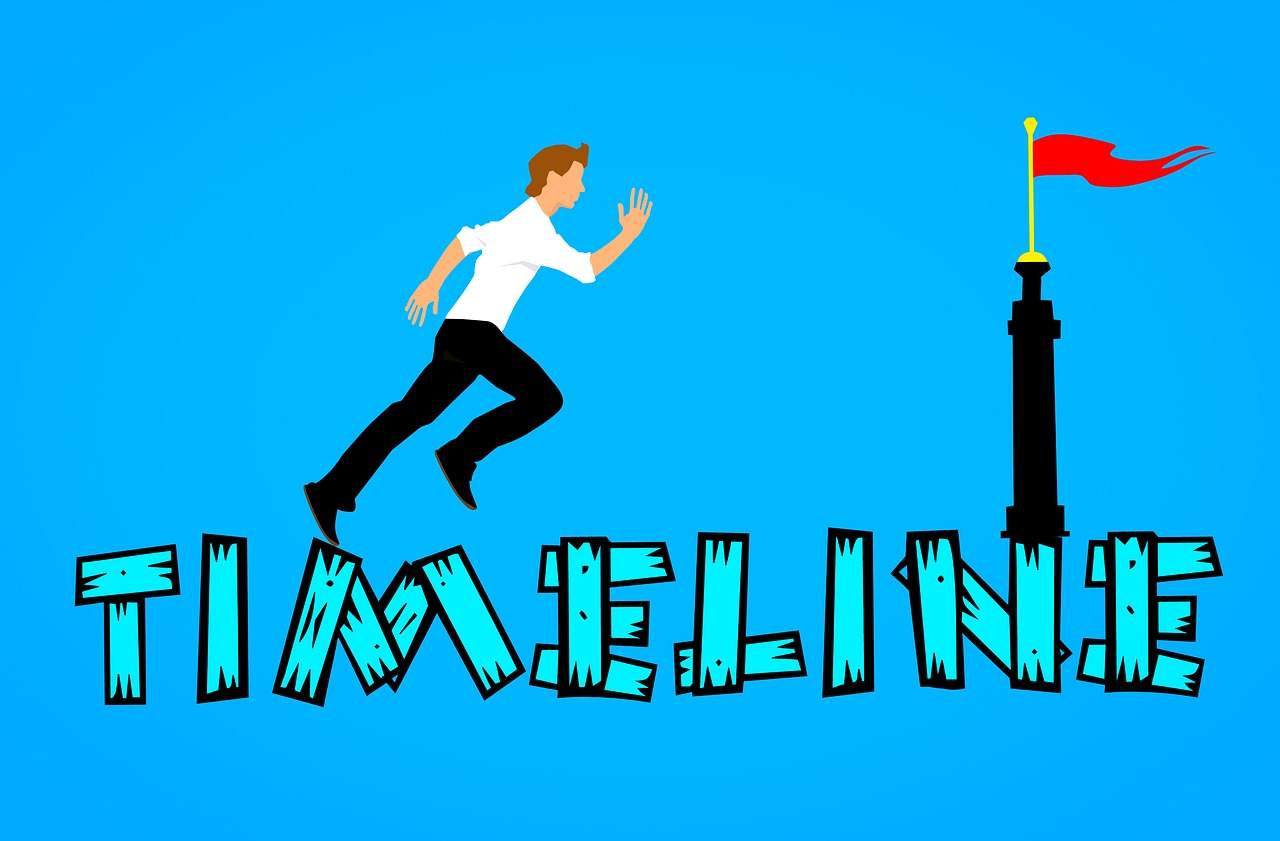Translation Services Canada – Welcome to LingoStar
Established in 2004, LingoStar Language Services is a versatile and resourceful language services company dedicated to excellence in quality and customer service. We provide cultural and industry-appropriate language solutions tailored to your specific needs. Ready to go global? Do you want to reach multilingual communities?
Read more about LingoStar’s translations…
Explore Website Translation & Localization | LingoStar
Interested in website translations? Go global with your multilingual site!
Read more about multilingual websites…
Download our FREE eBook or Read more about LingoStar website translation guide…
Website Translation Free E-book
TRANSLATION
LingoStar provides translation of all types of written documents of any kind of complexity. Whether it is a personal document, a complex medical report, a technical manual, or a patent of a new design – we are here to help you.
INTERPRETATION
Are you looking for the right person to interpret spoken texts in a conference, provide training, or translate verbal negotiations? LingoStar Language Services can help you find a professional interpreter that will fit your exact needs. Reach out to multilingual communities with our interpreters.
VOICE-OVER
All of your audio and media files need to be localized if you want to attract your target audience. Voice-over translation is perfect for this purpose. With LingoStar you can find the perfect voice-over artist to help your business reach your target market.
WEBSITE TRANSLATION
Do you want to establish credibility with international customers? We can provide website translation to French, Spanish, Chinese, Russian, and many other languages to help your customers understand and use your services or products.

GO CANADIAN. GO BILINGUAL.
We are a Canadian company and specialize in English to French translation.
Need translation from Canadian French into English or English into Canadian French?
EMPLOYMENT OPPORTUNITIES
LingoStar is looking for reliable freelance translators, interpreters, proofreaders, desktop publishers, voice-over artists, transcribers, tutors, tour guides and other language professionals who will work with us to deliver high quality services within set deadlines.
MOST RECENT BLOG ARTICLES
Humour in Translation: How to translate a foreign joke?
To laugh or not to laugh ? That is the question We all love to hear a good joke and laugh every once in a while. It makes us feel good and helps us leave our troubles behind. You know what they say, “Laughter is the best medicine!”. But, even if laughter has no boundaries, humour in translation does. Different types of humour As we all know, humour has many faces. Ideally, some instances of humour are unrestricted in that they can easily be translated into another language system without major difficulties. However, sometimes humour carries cultural, political and social references which can have an impact on the source audience but mean nothing in a different language. In addition, it can play with the meaning or sound of words, adding extra difficulty to the translation task as the translator may have to rack his or her brain to come up with a creative solution. In some cases, and to make matters worse during a translation, humour can be bound to a private or in-group joke, meaning that if you are an outsider to this group, you cannot understand what the joke implies. Or the translation of a humour instance cannot exceed a certain amount of characters and must forcibly be reformulated to fit the given space, as in the case of subtitles. So, bearing these situations in mind, how can a translator achieve the original intention of a humour instance? Different techniques for translating humour The challenges of translating humour are numerous. Translators must have a sound knowledge of the language and culture and, above all, a lot of... read moreThe Caribbean Culture, its Different Traditions and Customs
Diverse Caribbean culture This is the second and last part of our blog about the Caribbean. Since one blog post was not enough to deal with some important aspects of the Caribbean Civilisation, we thought it would be better to split it in two. Therefore, if you have not read the first part which deals with Caribbean geography, identity, economy, and languages, make sure you catch up by clicking here. Today, we will discuss Caribbean culture and its diversity. Process of Diversity Every cultural aspect in the archipelago is the result of transculturation or cross-influence. According to Stuart Hall, “[Caribbean people] became subject at once to complex processes of assimilation, translation, adaptation, resistance, reselection and so on. That is to say, they became in a deep sense diasporic societies. For wherever one finds diasporas, one always finds precisely those complicated processes of negotiation and transculturation which characterize Caribbean culture.” So what is transculturation? Transculturation is a synonym of ‘cross-influence’. Fernanda Ortiz created this concept in order to describe the phenomena that occurred in Cuba. This term refers to the transmutations of cultures. It describes the contact between two cultures that discover each other and clash. According to him, this term is the most appropriate term for expressing the different phases of the transition process from one culture to another. Indeed, it consists not only in the acquisition of a different culture, but also in the loss and the uprooting of a previous culture. Moreover, it expresses the creation of new cultural phenomena (neoculturation). To prove his point, he uses the metaphor of a child, being the genetic result of... read moreThe Caribbean Culture : Geopolitical and economical history
A General Introduction to the Caribbean Civilisation When you hear about ‘the Caribbean’, images may cross your mind, whether they are true or fabricated: paradise-like beaches with clear blue waters, sun, delicious food, relaxation, magnificent hotels… But these are just a small part of Caribbean life. The question of culture is interesting to tackle in the Caribbean context, but also difficult, as not one island is like another one. In a way, Caribbean identity is a gathering of different cultures; representing a mix of different values, habits and customs. Of course, there are some characteristics which are generally linked to the Caribbean. For example, it is not surprising to hear about ‘waiting’ or ‘island time’ culture in the Caribbean – the notion of time being different from other places in the world. But if you continue reading, you will see that there is no such thing as a ‘pure Caribbean identity/culture’. A little geography The Caribbean is situated in the Western hemisphere, in Central America and is divided into three main parts. Firstly, the Bahamas, which includes over 3000 islands and reefs on the North shore. Then, the Great Antilles, which make up almost 90% of the land of the West Indies and include Cuba and Jamaica. Cuba being the largest single island of the Caribbean. And finally, the Lesser Antilles, which are divided into the Windward and Leeward islands. The first group encompasses Martinique, St. Lucia, St. Vincent, The Grenadines, and Grenada. The second one Anguilla, St. Maarten, St. Barthélemy, Saba, St. Eustatius, St. Kitts and Nevis, Antigua and Barbuda, Montserrat, Guadeloupe, and Dominica. The “ABC” islands and... read moreLingoStar Translation Agency has launched a new series of interviews and stories about interesting people and artists who recount their life experiences to us. We are happy to know that there are so many talented, extraordinary people and that we have a chance to share these stories with you!
If you have a story to share with us, it can be featured here too!
Showcase your art & skills by providing us with an interview.
Do you love languages and different cultures? Tell us your life story!
Has translation helped your company thrive? Be our case study!
Working with LingoStar on many multilingual projects for both translation and voice-over is a real pleasure. Their work is extremely well-managed and the attention to detail – a must in the translation field – is outstanding. Thank you, LingoStar!
Gemma ScottLingoStar consistently delivers on time and in the format that best suits the needs of our business. We often need last-minute translations, and LingoStar’s highly professional team of translators has never disappointed.
Sina Noureddin
MOST TRANSLATED LANGUAGE PAIRS IN OUR OFFICES:
Vancouver
%
English to Chinese Translation
Toronto
%
English to French Translation
USA
%
English to Spanish Translation














































































